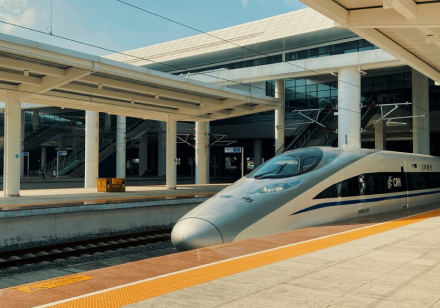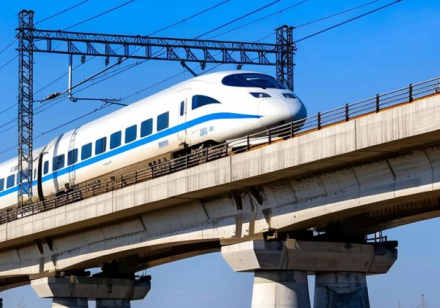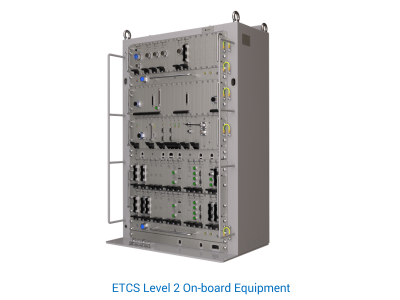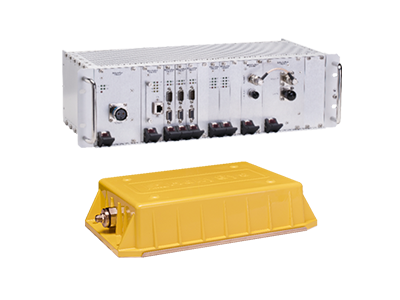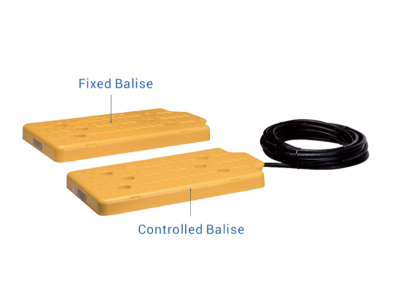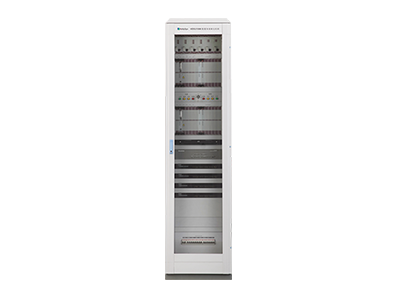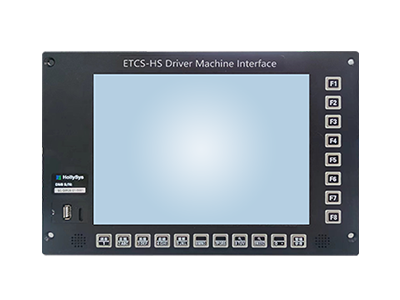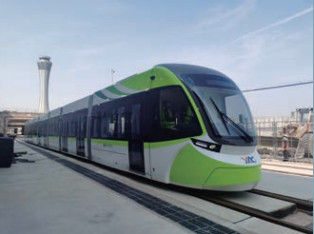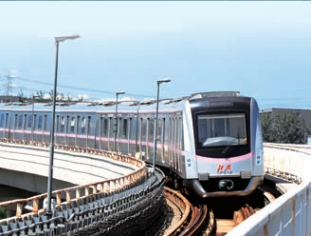System Introduction
Communication Based Train Control (CBTC) is a train control system using bi-directional wireless communication between on-board system and wayside equipment. Based on the train location information obtained through wireless communication, the system generates a Movement Authority (MA) based on Moving Block Principle. CBTC System enables safe movement of each train and unmanned operation through Automatic Train Operation (ATO).
HollySys CBTC System configured with SIL4 system meets Global Standards and assures world-class reliable train operation.
System Composition Diagram

Features
-
Global Standards
-
Compliant with IEEE, IEC, CENELEC standards and national standards.
-
-
High Safety and Reliability
-
Developed based on proven trackside safety platform and general on-board safety platform which are both SIL4 certificated.
All core subsystems are SIL4 certificated in GA/SA level.
The system has been verified in domestic and overseas subway projects.
-
-
Multi-level and Multi-system
-
Support intermittent, intermittent and continuous, and continuous train control.
Adapt to train control system requirements on subway, light rail, APM, monorail, tram, intermediate and low speed maglev train and urban railway.
Support fully-automatic train operation system and realize GOA4-level automatic operation.
Realize interoperability of rail transits, support network operation and provide technical support for sectional reconstruction of existing lines.
-
-
Efficient Maintainability
-
Lower maintenance cost.
Higher maintenance efficiency.
Expansibility.
Platform and modular design.
Tolerant and redundancy design.
-
Customer Value

-
Be safe, stable and controllable.
-
Improve reliability and transport efficiency.
-
Reduce life cycle costs and investment risks.
-
Improve service quality.
-
Be customizable.
Services & Support
Applied Cases
The Latest
-

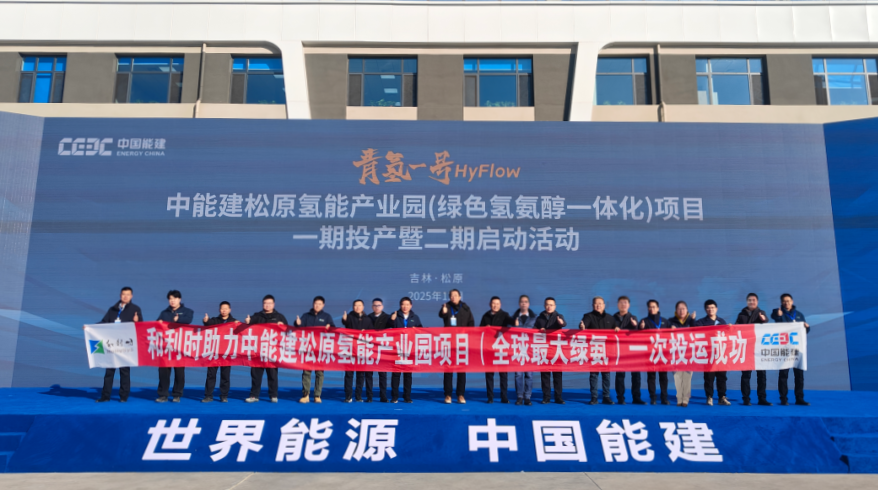
HollySys Supports Successful Commissioning of World's Largest Integrated Green Hydrogen-Ammonia-Methanol Project
2026-01-28 -

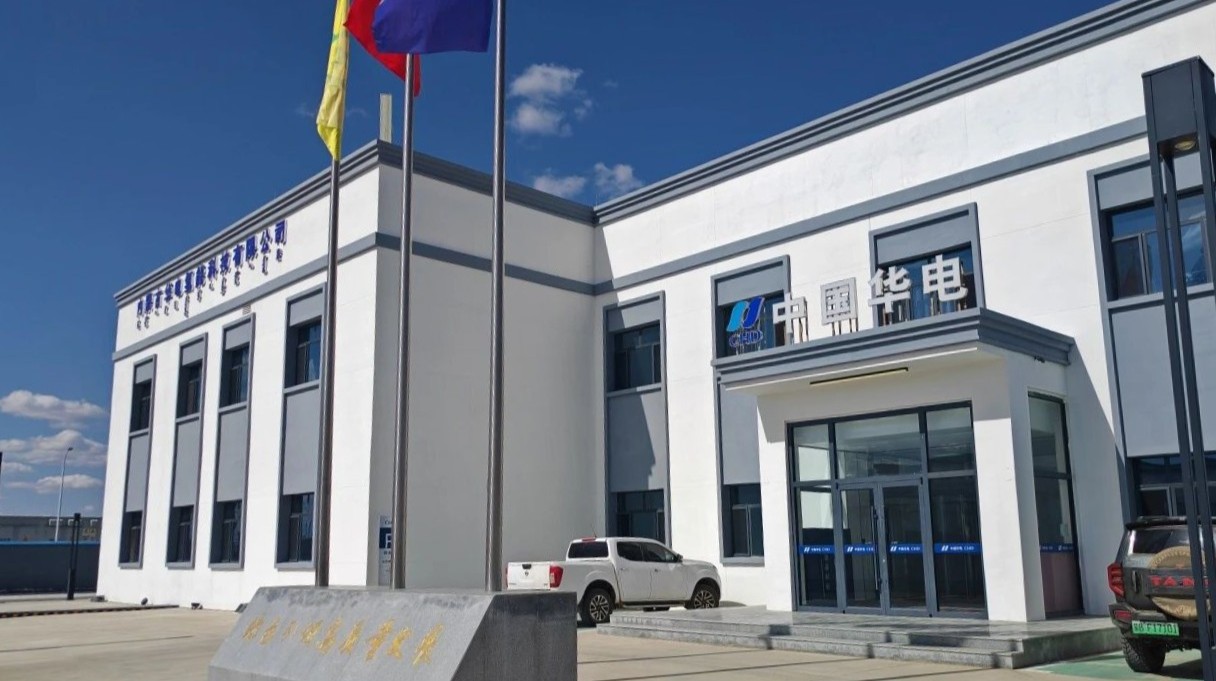
HollySys Wins Control System Contract for China Huadian's Damaoqi-to-Baotou 195-km Hydrogen Transmission Pipeline Project
2025-12-10 -


HollySys Supports the Successful Start-up of the World's Widest Glassine Paper Machine
2025-12-01















